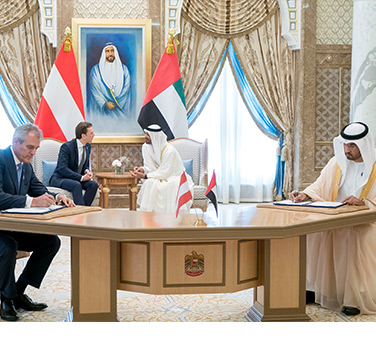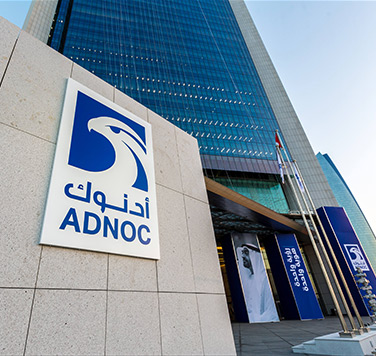ADNOC Appoints Japan’s INPEX/JODCO Asset Leader for Abu Dhabi’s Lower Zakum Concession

Abu Dhabi, UAE – April 30, 2018: The Abu Dhabi National Oil Company (ADNOC) has signed an agreement appointing JODCO Lower Zakum Limited, a wholly-owned subsidiary of Japan’s INPEX Corporation (INPEX), as the asset leader for Abu Dhabi’s Lower Zakum concession area.
The agreement, which was announced on the second day of a visit to the UAE by His Excellency Shinzo Abe, Japan’s Prime Minister, was signed by H.E. Dr Sultan Ahmed Al Jaber, ADNOC Group CEO and member of Abu Dhabi’s Supreme Petroleum Council, and Toshiaki Kitamura, President and Chief Executive Officer of INPEX.
In February, INPEX was awarded 10 per cent interest in Abu Dhabi’s offshore Lower Zakum concession. At the same time the company’s stakes in Abu Dhabi’s Satah and Umm Al Dalkh concession were extended for 25 years. INPEX also maintained its 40% stake in Satah and increased its Umm Al Dalkh share from 12 per cent to 40 per cent.
H.E. Dr Al Jaber said: “At ADNOC, we place great importance on our strategic partnership with INPEX. This agreement further strengthens the economic relationship between the UAE and Japan, which is founded on the established and mutually beneficial partnerships in the energy sector.
“As a long-standing shareholder in both Lower Zakum and Upper Zakum, INPEX is in a unique position to leverage synergies between both concessions, including the utilization and optimization of infrastructure, to enhance operational efficiencies, enable substantial cost savings, and create greater value for the benefit of both partners.”
As asset leader, JODCO will lead the development plans to achieve the concession objectives, including building up and sustaining production targets, achieving agreed recovery rates and cost optimization targets.
Kitamura said: “INPEX will devote its human and technical resources to achieving production targets, deploying enhanced oil recovery technology most suitable for Lower Zakum, reducing development and production costs and supporting transfer of technical knowledge. And, as the only IOC partner participating in both the Lower and Upper Zakum oil fields, we will continue to seek synergies between the two oil fields.
“INPEX views Abu Dhabi as one of its core business areas, and will continue to strive to strengthen its oil development activities and contribution efforts in Abu Dhabi, as well as help further deepen the cordial relations between UAE and Japan.”
Lower Zakum is one of three new separate concession areas that make up the former ADMA offshore concession, namely Lower Zakum, Umm Shaif and Nasr and Satah Al Razboot (SARB) and Umm Lulu. The restructuring of concessions is aimed at maximising commercial value, broadening the partner base, expanding technical expertise, and enabling greater market access.
Other international shareholders in the Lower Zakum concession area are the China National Petroleum Corporation, an Indian consortium, led by ONGC Videsh, Italy’s ENI and France’s Total. ADNOC retains a majority 60% stake in the concession.
The UAE and Japan enjoy a close and longstanding political, economic and trade relationship and strong bilateral economic relations, particularly in the oil, gas and petrochemical sectors. Around one-quarter of Japan's crude oil imports come from the UAE, making the country Japan's second-largest source of petroleum.
INPEX’s involvement in the oil and gas industry in Abu Dhabi started in 1973 with its participation in the Umm Shaif and the Lower Zakum fields, within the Abu Dhabi Marine Areas (ADMA) concession. They joined in the development of three other offshore oil fields, the Upper Zakum field in 1977, Umm Al Dalkh in 1978 and Satah in 1980. Successful production from these three fields began during the 1980s. Today, the UAE provides 25 per cent of Japan’s crude requirements.
On the occasion of Prime Minister Abe’s visit to Abu Dhabi, ADNOC and INPEX celebrated the long-standing relationship between Japan and the UAE, with a ‘Japan Day’ at ADNOC’s headquarters, where a traditional Japanese tea ceremony, Japanese calligraphy and origami were presented.
As it accelerates its 2030 growth strategy, ADNOC is keen to deepen its ties and partnerships with Japan’s energy and petrochemical sectors, particularly in the downstream, as the company embarks on its plans to triple production of petrochemicals and increase its refining capacity by 2025 in response to growing demand from high-growth Asian economies. ADNOC is also exploring opportunities to tap into Japan’s experience with artificial intelligence, big data and predictive analytics.




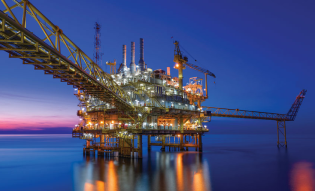
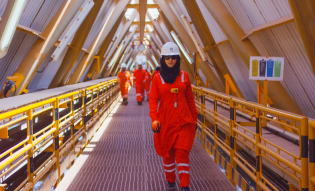
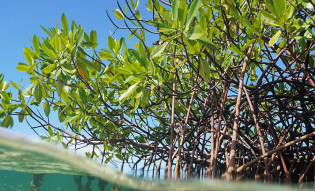
.ashx?h=748&w=1000&hash=23B79F2DEDB1AEAC75968BDB7A78AB66)


